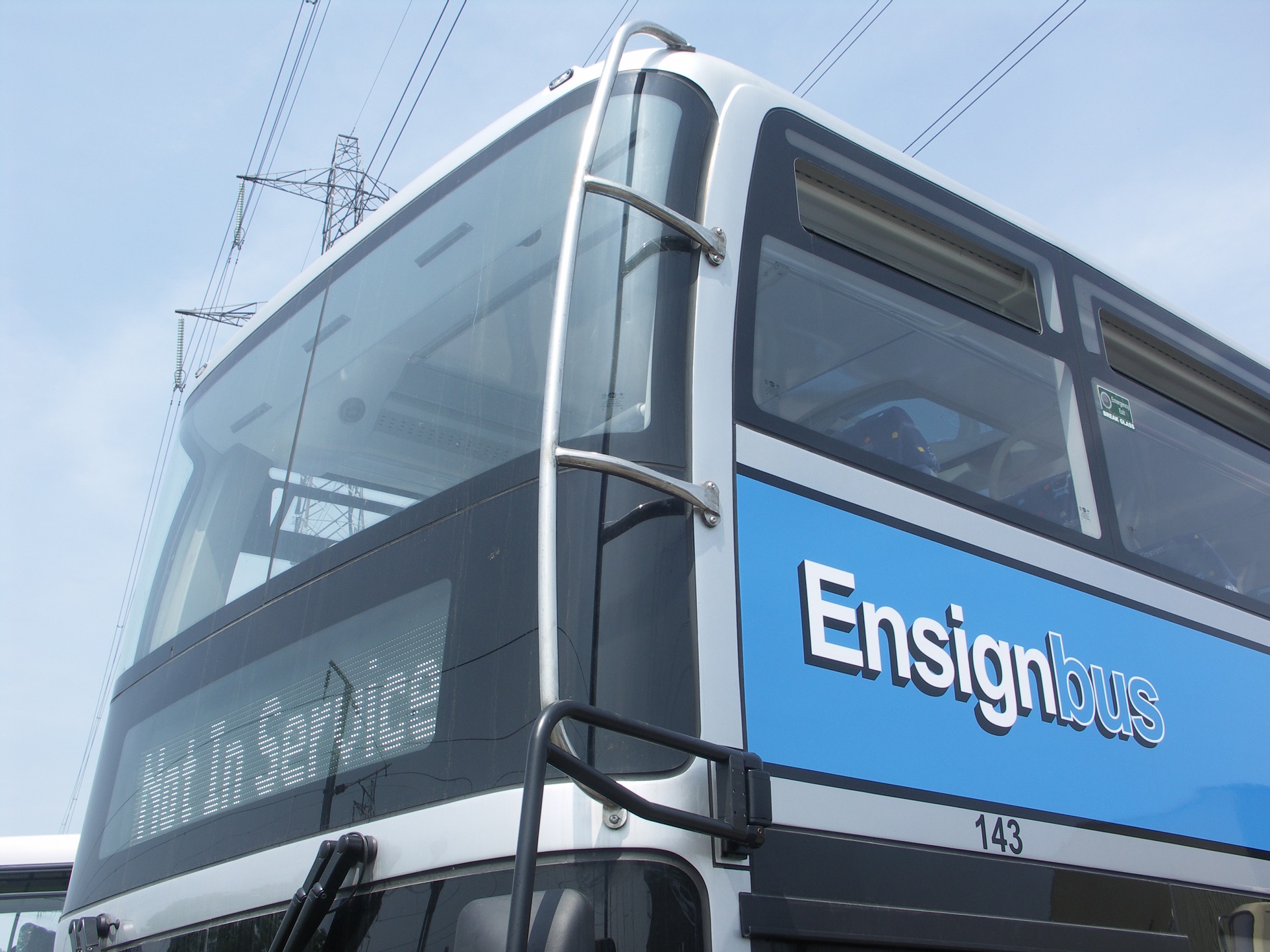Key actions to progress your transition to a net-zero fleet
Joining the transition to net zero can be seen as a challenging task with a number of potential hurdles to overcome, particularly for smaller operators. This article looks at the realities facing smaller operators and some of the tangible things that can be done to move things forward in this market segment.
To date, so much of the focus and funding has looked at transitioning the larger fleets, while smaller fleets have been left to try to make things work based on a commercial basis – and let’s face it, this is hard. There are many challenges in terms of up-front expenses, added dynamics with infrastructure and new skills required.
What can we learn from work done today?
We have seen great examples across the country of tested approaches that will help you to get started, build and continue your net zero transition, which are suitable for small or medium size operators, whether you are operating rural, urban or regional services. The key with many was to be positioning early and “grant ready” so a lot of this advice is focused on those areas.
Based on these experiences, we present in this article four key actions to get you started and build momentum in your net zero journey.
- Collaborate with forward-looking agencies. Working to make regional solutions that are practical and affordable and remove roadblocks such as costs of infrastructure upgrades. Part of this could be private sector finance to explore off-balance sheet solutions. Some of these are becoming more possible after the market saw a range of early attempts as expensive financing. We have seen great regional examples of these forward looking entities for collaboration, such as: Transport for West Midlands, supporting the Coventry Electric Bus City; or Transport North East with its recent successful grant application to the Levelling Up Fund for a Transport Decarbonisation package, which Evenergi together with our partner AECOM Ltd supported in the process
- Make use of accessible and innovative tools. Getting help to develop plans and understand how you can progress is increasingly accessible in the UK. There are great tools and frameworks that allow you to get either an initial view of your fleet as net zero, or to develop detailed deployment plans that are tailored to your objectives and not cost-prohibitive. We have partnered with routeone to build a tool to support small and medium size operators to develop an initial view of the total cost savings and emissions of a zero emissions bus
- Build your network, participate and engage. Building your network and knowledge is a key part of the process, doing so in a time efficient and cost-effective manner is key. At Evenergi we are launching a unique Academy where you can access advice from others who have gone through the process in the UK and internationally, experienced the pains and gains of the transition, and have lessons for the path forward
- Understand your current position and fill any gaps. Having the right tools to efficiently plan and understand the impact of net zero in your fleet will help you maximise your resourcing capacity. For example, by saving time spent on analytical and planning processes, maximising your budget to deliver best in practice frameworks, which in turn can be used to support robust grant or bid applications.
If you want an honest conversation about how to get started and make the transition happen, please contact us for a free initial assessment of your situation. You will be connected to a trained zero emission analyst along with a team member with years of experience in bus operations. The transition to net zero is an evolving process that typically requires collaboration, engagement and having the right tools and frameworks to design, plan, implement, deploy and eventually operate a net-zero fleet. Getting started in the process and building momentum are critical to determine both the speed and success of your transition.
For more information, visit BetterFleet.com



























